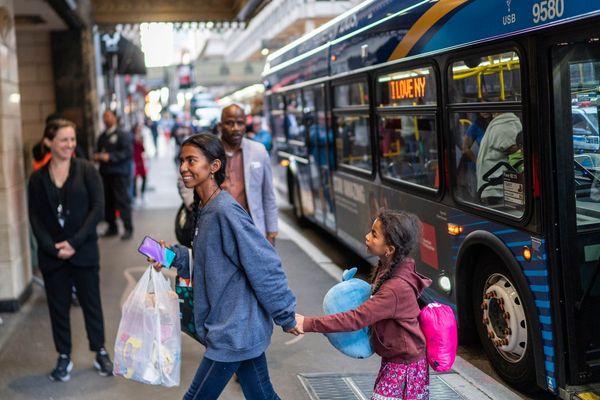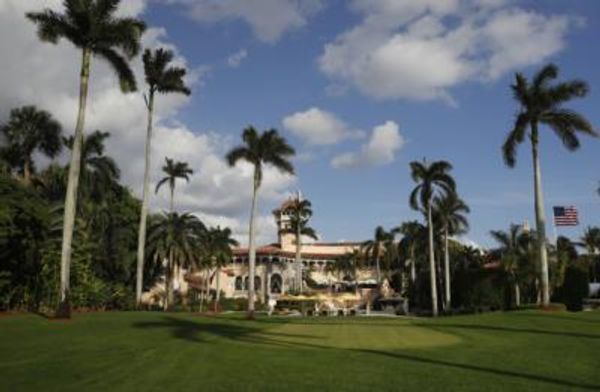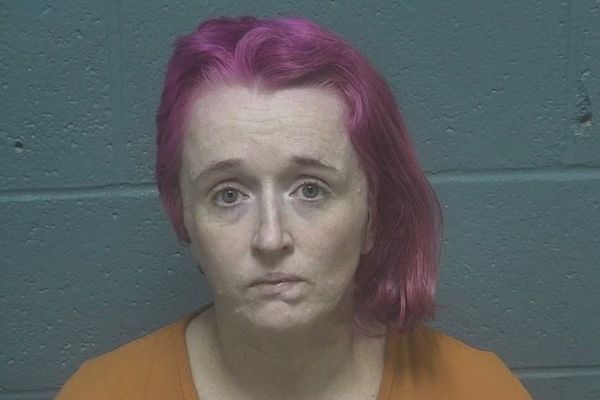
Security has been stepped up in Brazil’s capital amid concerns that hardcore supporters of the former president Jair Bolsonaro were planning to mobilise again, three days after thousands of extremists launched what the government has called a botched coup attempt.
Reports in the Brazilian media said far-right activists had summoned “a mega nationwide protest to retake power” on Wednesday afternoon. On Tuesday night, members of the national public security force in black SUVs could be seen taking up position along the esplanade leading to Brazil’s congress, supreme court and presidential palace – the three buildings stormed and ransacked during Sunday’s turmoil in Brasília.
The official put in charge of the capital’s security by President Luiz Inácio Lula da Silva after Sunday’s turmoil, Ricardo Cappelli, promised citizens that “under no hypothesis” would such “unacceptable events” be repeated if Bolsonaro backers returned to the streets on Wednesday afternoon.
Peaceful protests were part of democracy, Cappelli told reporters. “But the right to protest cannot be confused with attacks on democratic institutions. The right to demonstrate cannot be confused with terrorist behaviour.”
As the capital braced for possible further outbreaks of unrest, federal police said they had arrested one of the alleged organisers of the 8 January invasions in a city 32 miles from Brasília.
Ana Priscila Azevedo allegedly used a Telegram group to urge tens of thousands of Bolsonarista radicals to head to the capital to challenge the recent election of the leftist president, which Bolsonaro supporters refuse to accept. “Babylon will fall,” Azevedo reportedly declared.
Senior members of Brazil’s security apparatus have also been implicated in the catastrophic security failure, which one of Lula’s top ministers on Tuesday called “an act of terrorism” designed to topple their week-old government.
Late on Tuesday, federal police officers raided the home of Bolsonaro’s former justice minister, Anderson Torres, while the former commander of Brasília’s military police, Fábio Augusto Vieira, was arrested. A warrant for the arrest of Torres – the city’s public security chief at the time of Sunday’s attacks – has also been issued. Like Bolsonaro, who flew out of Brazil on the eve of Lula’s 1 January inauguration, Torres is currently in the US, purportedly on holiday, but said he would return to Brazil and present himself to authorities. “I’m certain the truth will prevail,” he wrote on social media.
As federal police continued their pursuit of the participants and orchestrators of the rightwing rebellion, forensic specialists combed through the ruins of the supreme court in search of leads.
On Tuesday afternoon, a team of 98 federal police forensic specialists were working their way through the wrecked structure using a 3,000 dots per inch camera to photograph finger and palm prints on cans of paint and shattered windows. So far 46 invaders have been identified through the court’s security camera system.

The Guardian was allowed into the building with a group of local and foreign journalists to document the desecration of the architect Oscar Niemeyer’s 1958 masterpiece.
The court’s ground-floor windows had been smashed and scrawled with a puzzling mixture of profanity and faith. “Fuck you, you prick,” read one slogan near the pulverised chamber where the court’s hearings are held. “Leave our children in peace,” read another. A third quoted Psalm 33: “Blessed is the nation whose God is the Lord.”
Nearby, a bronze bust of Themis, the goddess of divine law and order, by the Brazilian sculptor Alfredo Ceschiatti, lay on its side on a carpet of glass and spent rubber-bullet casings.
“What most saddens me is the destruction of works of art … busts, photographs, historical documents, paintings by master painters, presents from kings and queens … It all shows such a low level of civility,” said one of the crime scene investigators.
“I’ve been to the scene of many bank explosions but there the damage is more concentrated. Here it is far worse, far uglier, far more striking,” he added.
Minutes earlier, the court’s former president Gilmar Mendes had arrived to tour the debris of the court he presided over from 2008 to 2010. “I feel a little piece of me has been destroyed. I spent so many years here,” Mendes said, fighting back tears.
“This was [an attack] of monstrous brutality,” the former supreme court judge told reporters. “We are shocked and we must ask ourselves how we reached this point and how we can avoid this even happening again here.”
Despite the fears of further unrest, members of Lula’s government insist they are working to reestablish normality and prevent further insurrection attempts.
Two new ministers will be sworn in at the presidential palace on Wednesday afternoon: the racial equality minister, Anielle Franco, and Sônia Guajajara, the head of Brazil’s first-ever ministry for Indigenous peoples.
“All of Brazil’s black and Indigenous women will be taking office with us because this government is ours and the country is ours too,” Franco wrote on Facebook.







